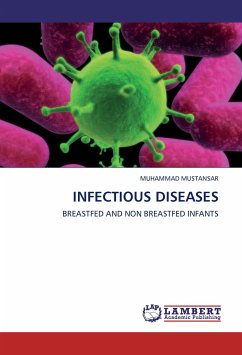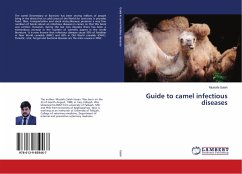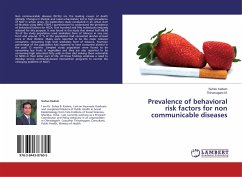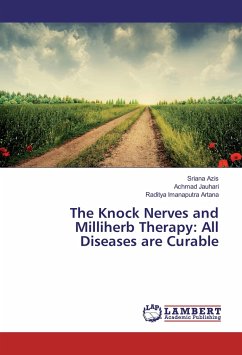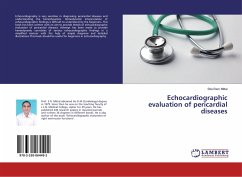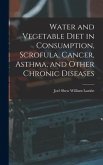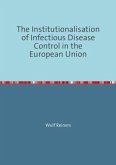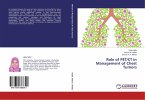One hundred cases were studied. Low education level of parents especially mothers, and tendency towards home deliveries 41% were observed. The male infants are brought to the hospital more frequently 65%. Prelacteal feeds are given to 87% of infants and mother's milk is offered only to 13% of infants. Due to lack of optimum breastfeeding & recurrent attacks of diarrhea lead to malnutrition, which was observed in 75% of infants. In the present study non-breastfed infants were four times more admitted in the hospital for the management of ailment as compared to the breastfed infants. In the present study breastfeeding was 43% at 3 months and 20% at six months. In the present study of 100 infants, acute diarrhea was 6% in breastfed and 21% in non breastfed infants, chest infection 6% breastfed and 9% in non breastfed infants, SOM with complication 1% in breastfed and 3% non-breastfed infants, persistent diarrhea 1% in breastfed and 30% in non breastfed infants, septicemia 1% in breastfed and 13% in non breastfed infants. These results show that the resistance to infectious diseases is more in breastfed infants
Bitte wählen Sie Ihr Anliegen aus.
Rechnungen
Retourenschein anfordern
Bestellstatus
Storno

